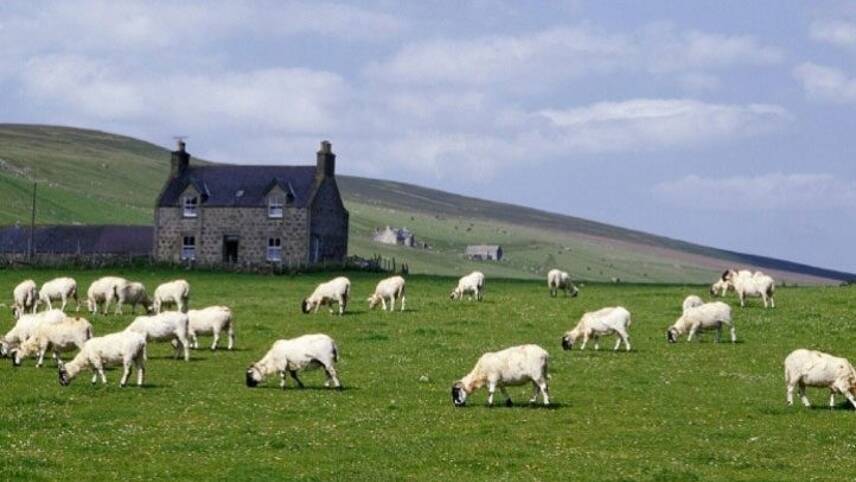Register for free and continue reading
Join our growing army of changemakers and get unlimited access to our premium content

Conducted by the National Farmers’ Union (NFU), the NFU Confidence Survey polled 662 farmers between November 2020 and January 2021, asking them about their short and mid-term business plans.
Respondents cited several ongoing and future challenges, relating to, among other things, Brexit, Covid-19, net-zero and related legislation changes. The Agriculture Bill will, for example, phase out the Basic Payment Scheme operated through the EU’s Common Agricultural Policy (CAP) in a bid to better reward farmers for conserving and restoring nature.
Despite these challenges, the survey revealed a growing desire to increase investments in areas that will reduce the operational emissions of farms and help them sequester more carbon.
30% of respondents said they are planning to invest in energy efficiency in the short-term, up from 24% last year. A key focus area will be more efficient technology or technology that uses alternative fuels. On energy type, 37% of respondents said they are already self-generating or procuring renewable energy to meet all – or some – of their needs. Around one-third said that they are planning to increase renewable generation or procurement.
On nature, seven in ten farmers expressed a desire to improve soil health and carbon sequestration. One of the most popular activities was found to be tree-planting, which more than half of respondents are planning this year.
NFU deputy president Stuart Roberts said it is “fantastic to see so many farmers making plans to implement net-zero measures on their farms”, but that more policy support is likely needed to accelerate adoption and join up approaches across the sector.
“If more than half of farmers are already preparing to invest in planting trees and improving soil health, just think how much we could achieve if farmers are given more confidence, and crucially, more opportunities, to invest in their enterprises,” Roberts said.
“[The farming sector’s] potential will never be maximised if a lack of confidence, certainty and opportunity holds British farming back.”
Differing approaches
The farming sector is regarded as a key hurdle on the road to net-zero. Livestock and fertiliser are contributors to methane and other greenhouse gas emissions, while some technologies run on diesel and are hard-to-abate. Food waste is also a key climate challenge. All in all, agriculture accounts for about one-tenth of the UK’s total annual domestic emissions footprint.
The NFU outlined its roadmap to net-zero for the UK’s farming sector back in 2019. The roadmap would deliver net-zero by 2040, the Union claims. It centres heavily around offsetting and insetting emissions by growing biofuel crops on British farms, helping the power sector to move away from fossil fuels.
Other roadmaps have posed alternative approaches. For instance, the Food, Farming and Countryside Commission has come out in favour of measures to re-allocate space from livestock to crops, and to hedgerows and meadows that can act as carbon sinks and habitats for at-risk species.
The Climate Change Committee’s recommendations for aligning the sector with the 2050 net-zero target include tackling food waste at all levels; restoring peatland; reducing annual red meat consumption on a per-capita basis and incentivising low-carbon practices. The Agriculture Bill is seeking to deliver on this last aim post-Brexit but has been widely criticised.
Sarah George


Please login or Register to leave a comment.